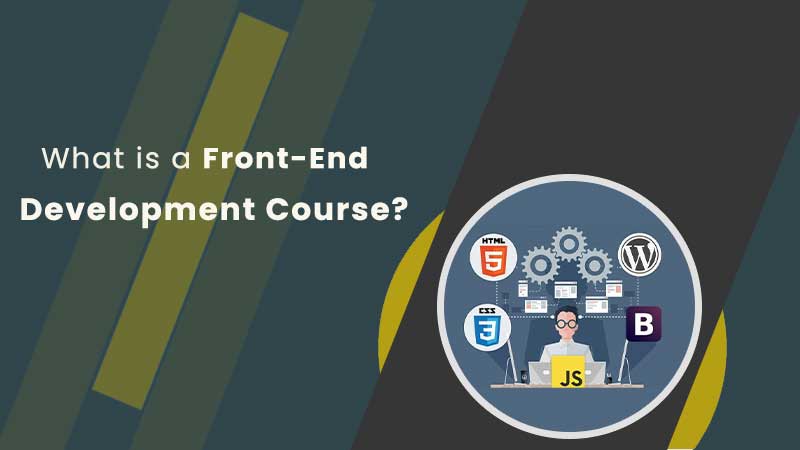6 Tips for Business Professionals Seeking to Earn Higher Degrees

Higher education is essential to polish your professional acumen and fulfill your career goals. While pursuing higher degrees, you do not merely gain bookish knowledge but skills to cater to present-day requirements and demands. Their curriculum targets your knowledge and skills gaps and augments your expertise accordingly. You learn new techniques and tactics regarding business conduct and operations via hands-on experimentations, research assignments, and collaborations. As a result, your approach to assuming and executing higher responsibilities also improves. That’s why companies connect promotions and job scaling with higher education.
It does not matter if a higher degree is your motivation and requirement. The good thing is that advancing education with professional responsibilities is more manageable now than ever before. You have access to countless options and facilities. Whether it is a business degree major, school, or mode of education, you have more flexibility to decide and choose as per your needs. But it also does not mean there is no barrier and prerequisite.
The following sections explore what you need to consider to pursue a higher degree in business.
Weigh Online and Offline Options
Attaining a master’s degree is the next crucial step after an undergraduate business degree if you want to progress professionally. Master in any business domain gives an edge over other candidates for higher roles in a commercial setup. But before deciding on the degree itself, you should weigh whether online or offline medium suits your preferences and time commitment. With an MBA online program, you can work while continuing your education. Most of the schools facilitate professionals with flexible schedules and course paces.
Online degree programs are also less costly than offline. You can also skip the unnecessary commute, given the virtual presence. Nonetheless, if you weigh the pros and cons of both options carefully, you will experience fewer troubles in your studies.
Evaluate Higher Education Alternatives
No doubt, there is no substitute for the amount of knowledge and enrichment of an extended degree program. But full-fledged degrees come with several challenges, such as competitive requirements, commitment, and expenses. But it does not mean you cannot advance your knowledge. A full-fledged degree is not the only option do so. You can explore certifications and diploma courses as an alternative. These options focus on developing specific skills and expertise that you can master in less time and expense compared to lengthy degree programs.
Certifications like data analytics, cybersecurity, cryptocurrency, and digital transformation can increase your competitiveness in evolving workplaces. You can readily polish your digital know-how and enhance your chances for job scaling, salary raises, and higher responsibilities in a hybrid workplace. It means there is no limit to opportunities if you search carefully.
Check the Admission Criteria of the Program
Once you have decided about the degree program, the next obstacle is fulfilling the admission criteria. Higher degrees have comparatively stringent requirements, given their impact and contributions to the professional domain. Admission checks may include hands-on and research experience, extracurricular activities, and standardized exam scores. One reason for these pre-conditions is that higher degree programs cater to the needs of professional individuals. And higher education schools want to ensure their programs and services satisfy pre-occupied professionals.
Even if you have more time, it may not apply to everyone co-studying with you. Thus, fulfilling requirements assures institutes about your clarity and determination for the program. It means you should indulge in further education after thorough and careful preparation.
Gain Experience Before Further Education
Educational degrees and practical experience back up each other throughout the professional journey. Entry into the professional sphere depends upon your academic aptitude. But afterward, career advancement requires further refinement in education. That’s why competency for executive positions, including administration and leadership, requires both experience and a master’s degree. In the same way, academic institutes require evidence of work experience for admission into advanced degrees. Higher degrees have a dedicated and professional focus that you cannot materialize without work experience.
The reason is simple. What would you do with all those degrees if you do not have a utilization purpose? Practical work is one way to demonstrate the usage and purpose of your academic degrees. Likewise, a higher degree program is only a means to refine your approach to existing occupational activities. You can only validate such a symbiotic correlation with work exposure. Thus, gain substantial experience before upgrading your degree to attain more clarity.
Collect Resources to Fund Education
The pursuit of education is a costly endeavor. It is not a venture to embark on merely after an unplanned intention. For instance, tuition fees for an MBA degree from a reputed business institute can be as high as £97,500. As an independent and professional individual, you cannot bother your parents to bear such exaggerated expenses. You have to manage things on your own. But rest assured that it is possible to do so. Many schools provide scholarships and assistance opportunities to facilitate students. All you have to do is identify potential sources before pursuing the degree.
Managing a program’s funding during studies is challenging. And you may get stuck in the middle of upcoming hurdles. As such, some programs require you to complement studies with research. If these assignments are lengthy, you may not be able to carry on job responsibilities and studies side by side. If such a scenario arises, think about the contingency plan to bear your educational and personal expenses
Consult with Colleagues and Mentors
Achieving higher education is not an easy thing to do. It requires persistence, resources, and effort. When you are a professional, continuing education can be more challenging than it was in your adulthood. Now that you are a professional, your responsibilities are also higher. If you cannot manage your time well, a higher degree pursuit will cost you more than you could have imagined. And you cannot give up after venturing into the project. A better way to prevent such outcomes is to consult with colleagues and mentors. Your contemporaries might have gone through similar struggles, and you can benefit from their trials and learnings.
Discussions with your former teachers can also help you with program and school selection. The exchange of ideas will further affirm your decision to higher education. And who knows, you may realize if investment in another direction could yield you even more returns than furthering education.
Conclusion
Advanced education for professionals is a choice that needs careful consideration. Pursuing education along with professional commitments will create more challenges. You also have to fulfill educational assignments and cater to the business school’s standards. However, if you are sure about your choices and ambitions, the journey will be easier and more rewarding.













